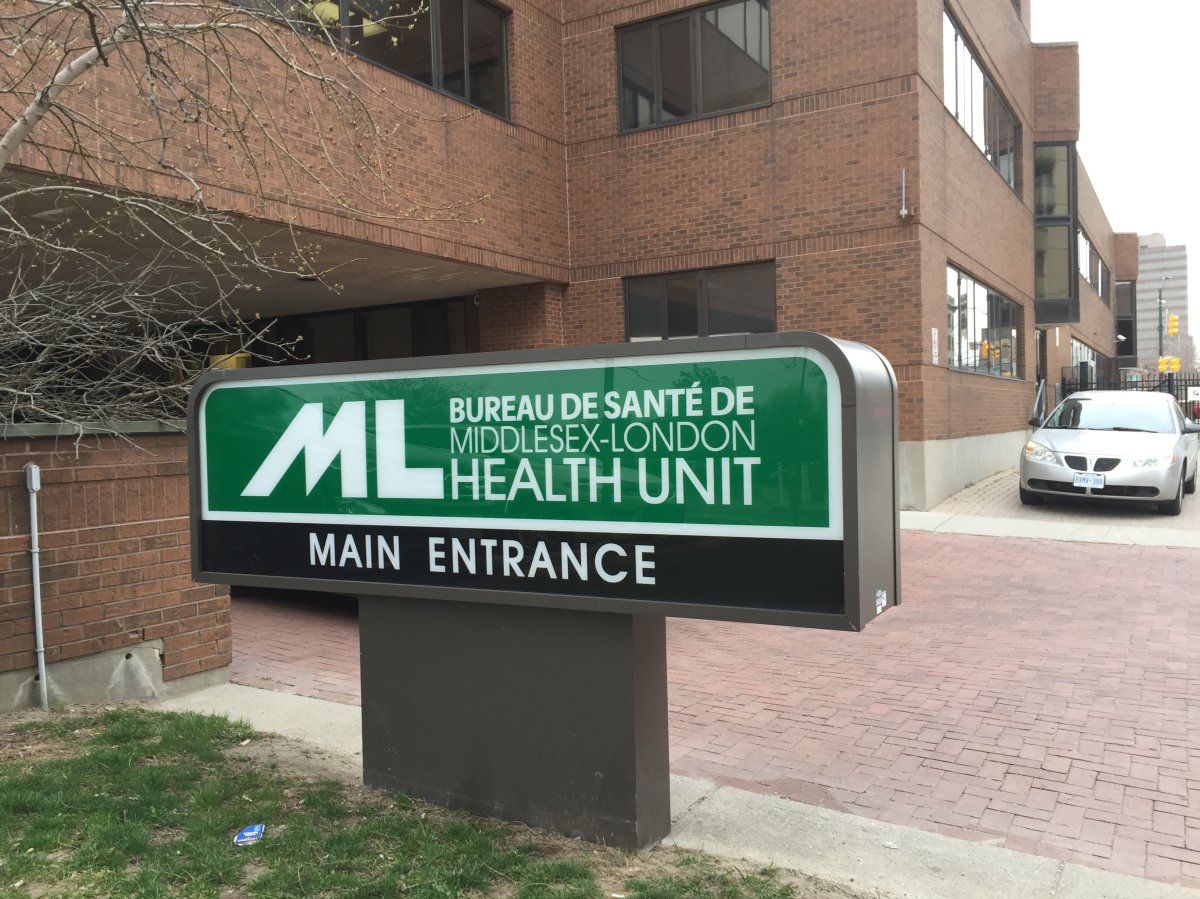The Middlesex-London Health Unit (MLHU) says a cooling tower is the sources of last week’s outbreak of legionnaires’ disease.

The MLHU says an investigation is still ongoing but that laboratory tests have linked the cooling tower to the largest cluster of cases.
“The samples taken from a cooling tower were a match with samples we obtained from residents in the neighbourhood who became ill,” said Dr. Alex Summers, associate medical officer of health with the MLHU.
Since its discovery, Summers says the health unit has taken extensive measures to make sure the equipment no longer poses a threat to people’s health.
The MLHU declared an outbreak last week after 13 cases of legionnaires’ disease were reported in the last three months.
Six of the 13 cases reportedly originated from the same area of London near the cooling tower.
Summers said none of the other cases are linked so he does not think there is another source causing concern.
Legionnaires’ disease is a form of pneumonia caused by Legionella bacteria. Symptoms, which usually begin within two to 10 days of being exposed to the bacteria, include coughing, headaches, fever, muscle pains and shortness of breath. Nausea and vomiting may also occur.
The bacteria can also cause a milder, influenza-like sickness called Pontiac fever.
People can come into contact with the bacteria by inhaling it when it gets turned into a fine spray.
The bacteria are usually found in damp and wet environments like swimming pools, hot tubs, fountains, soil and, most commonly, air-conditioning cooling towers.
London and Middlesex County usually see an average of six cases a year, but as of September, the MLHU says it has seen 15 cases so far.
Although there are no vaccines for legionnaires’ disease and no specific precautions people can take to protect themselves, the MLHU says properly cleaning and maintaining equipment can help to limit the potential formation of Legionella colonies.








Comments